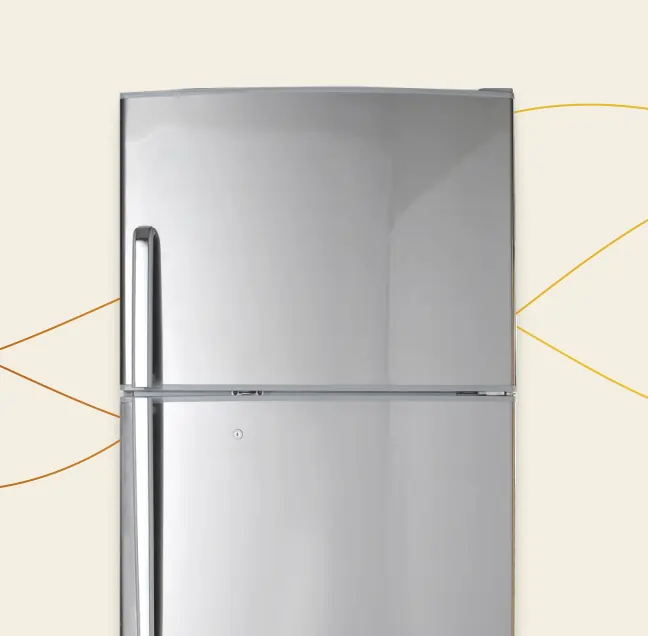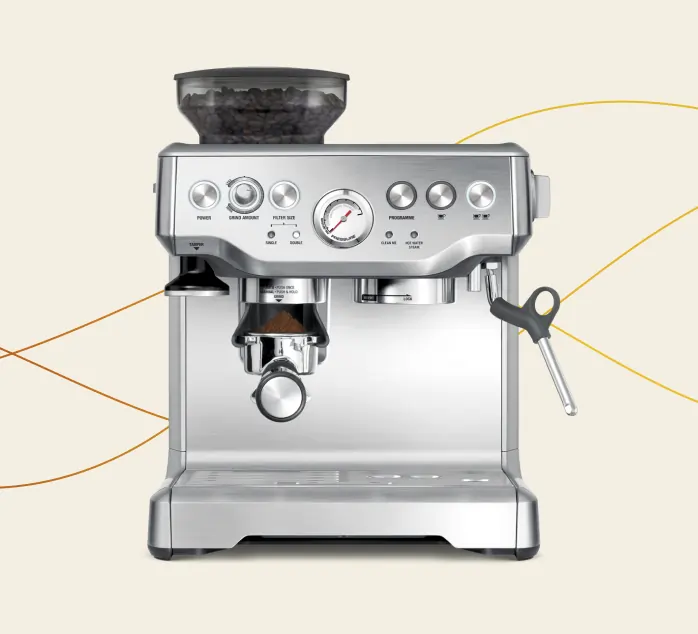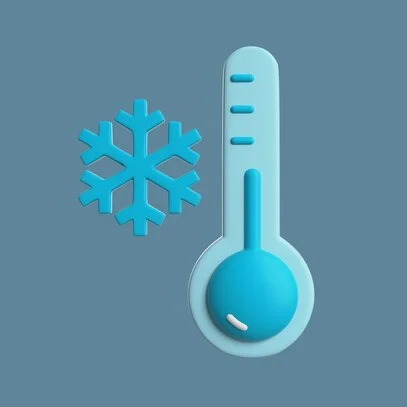Having a refrigerator is a modern convenience that we often take for granted, but it's crucial to ensure its proper functioning to keep your food fresh and safe. Learning how to detect fridge problems early can save you from unexpected breakdowns,, and food spoilage. And, of course, from huge repair bills, you may have to pay for your domestic or commercial fridge repair if neglecting early fridge problems.
So, let’s explore a variety of signs that indicate potential issues with your refrigerator, along with expert advice on how to address them. Whether you're a household or a business owner, these tips will empower you to maintain your fridge's optimal performance and extend its lifespan.
1. Unusual Noises
Your fridge should operate quietly in the background. If you notice loud or unusual noises such as buzzing, rattling, or clicking, it could indicate issues with the compressor, fan, or motor. These sounds might suggest loose components or wear and tear.
2. Temperature Fluctuations
Maintaining a consistent temperature is vital for food safety. Use a thermometer to monitor the fridge's temperature regularly. If you notice significant fluctuations, it might be due to a malfunctioning thermostat, damaged seals, or blocked vents.
3. Excessive Condensation
While a small amount of condensation is normal, excessive moisture inside the fridge can lead to mould growth and food spoilage. Check the door gaskets for tears or gaps that could be letting warm air in.
4. Frost Build-up
Frost accumulation in the freezer beyond a thin layer suggests a problem. It could be caused by a faulty defrost system, damaged door seals, or an issue with the automatic defrost timer.
5. Leaking Water
Puddles or pools of water around or inside the fridge may indicate a clogged or damaged drain tube. A blocked drainage system can lead to ice accumulation and affect cooling efficiency.
6. Fridge Feels Warm
If your fridge feels warm to the touch, it's a clear sign of trouble. Check the condenser coils for dust and debris buildup, as well as the cooling fan for proper operation.
7. Spoiled Food
One of the most apparent signs of fridge problems is when your food spoils prematurely. If items are spoiling before their expiration date, it's time to investigate potential issues.
8. Strange Odours
Unpleasant odours emanating from your fridge can indicate spills, expired foods, or mould growth. Clean the interior thoroughly and consider using baking soda to absorb odours.
9. Inadequate Cooling
If your fridge isn't keeping food adequately cold, it might be due to a malfunctioning compressor, evaporator fan, or condenser coils. Addressing this issue promptly is essential to prevent foodborne illnesses.
10. Tripped Circuit Breaker
If your fridge suddenly stops working, check the circuit breaker. A tripped breaker could be a sign of an electrical issue or an overloaded circuit.
Conclusion
Learning how to detect fridge problems early is a valuable skill that can save you money, time, and the frustration of dealing with unexpected breakdowns. By staying vigilant for warning signs and following proper maintenance routines, you can ensure that your refrigerator operates efficiently, keeping your food fresh and your kitchen running smoothly.


